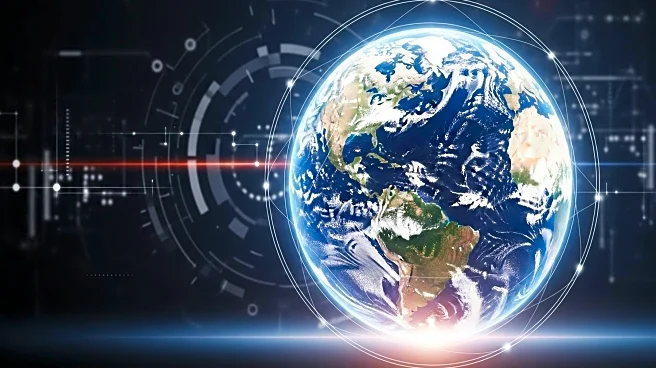What's Happening?
Jeremy Siegel, a top economist, has warned that the U.S. is unprepared for a rare earths crisis as China tightens its grip on these critical minerals. China has imposed new export controls requiring global companies to seek approval before shipping products containing rare earths. This move has sent shockwaves through U.S. manufacturing and defense supply chains, which rely heavily on Chinese mineral processing. Treasury Secretary Scott Bessent stated that President Trump will meet with China's Xi Jinping to address the issue.
Why It's Important?
Rare earths are essential for advanced technologies, including weapons systems, electric vehicles, and semiconductors. China's control over these minerals poses a significant threat to U.S. national security and economic stability. The U.S. is scrambling to reduce its reliance on China by funding new processing facilities and seeking alternative suppliers. The situation highlights the need for a strategic reserve to mitigate the impact of geopolitical disputes on critical mineral supplies.
What's Next?
President Trump is expected to meet with Xi Jinping at the APEC summit to discuss the rare earths issue. The U.S. may implement countermeasures, including tariffs and export controls, to protect its interests. The administration aims to rally support from allies to address the crisis. The Pentagon and Department of Energy are investing in domestic processing facilities to reduce reliance on Chinese minerals.
Beyond the Headlines
The rare earths crisis underscores the broader geopolitical struggle between the U.S. and China, where mineral dominance is used as leverage in trade disputes. The situation may prompt discussions on the need for international cooperation to ensure stable supplies of critical minerals. The U.S. may explore partnerships with other countries to diversify its sources and reduce vulnerability to geopolitical tensions.











